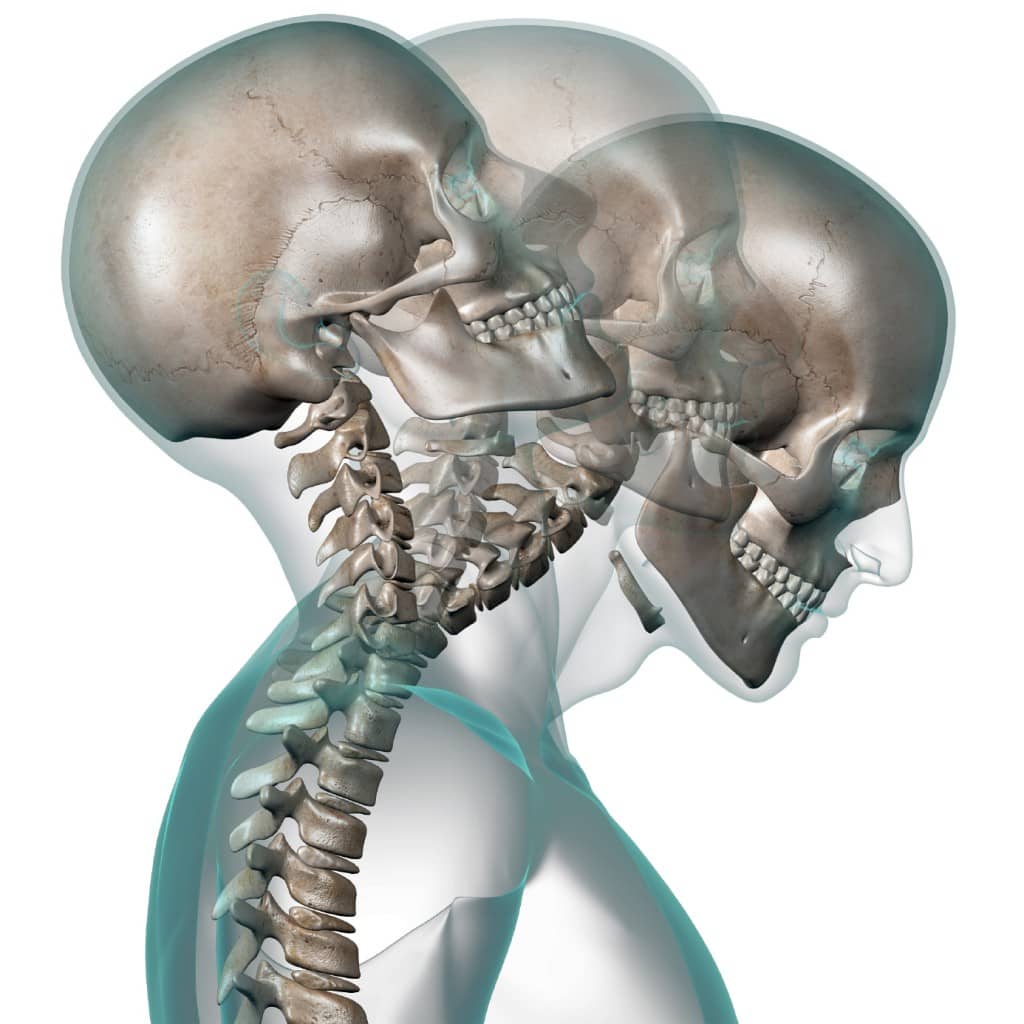The UNICEF Tap Project
Ever feel tethered to your phone? Do you worry that your kids are spending too much time with their eyes glued to that tiny monitor in their hands? You aren’t alone. Studies show people are concerned with their smartphone usage. A recent CNN poll revealed that half of U.S. teens feel they are addicted to their mobile devices.
Using a smartphone while driving is a particularly worrisome habit and for good reason. Distracted driving is responsible for an estimated 421,000 injuries and over 3,300 deaths per year, according to the National Highway Traffic Safety Administration.Of course, you should never use your phone when behind the wheel, but what about using your phone when it is perfectly safe to do so? If you are interested in reducing your smartphone usage, but have not made the effort yet to cut down, we’ve got a great incentive for you to finally give it a shot: the UNICEF Tap Project. The United Nations Children’s Fund has launched a campaign that challenges people to put down their phones in order to help provide clean water to children in need around the world. The project encourages participants to stop texting, calling, emailing, tweeting and posting to social media in exchange for supporting a global effort to improve access to safe water for millions of children.
The Problems
The compelling thing about this campaign is that it is doubly beneficial. It’s effectively helping to combat two bigtime problems at once: smartphone usage in the U.S. and access to clean water in the developing world.Excessive smartphone usage is linked to psycho-social issues, such as the incredible stat referenced above that over half of adolescents self-report addiction to their cell phones. Even if you don’t fall into that extreme category, many of us check our smartphones compulsively. Like many compulsions, the more we do it, the stronger and more frequently the urge hits us to continue to do it.Excessive cell phone usage also has negative physical effects. Vision loss, wrist problems, numb fingers, and “text neck” (when your head is bent down for too long) are some of the ways your body can suffer by having a phone in hand on and off throughout the day.Outside of the U.S. and other developed nations, citizens battle a more serious everyday concern: access to clean water. About 1 in 10 people worldwide – or about 663 million – are estimated to not have regular access to safe water. This comes at an enormous cost: every 90 seconds a child dies from a water-related disease.
Doing Your Part
If you go to the UNICEF Tap Project website, you’ll be greeted by a blue screen with a floating cell phone that reads:“Millions of children lack clean water. How long can you go without something far less vital?”

You’ll then have an option to go to another screen that times how long you do not pick up your phone. While your phone rests comfortably, you can read stats on the worldwide clean water crisis. You’ll also learn some cell phone usage facts, like how many Facebook posts have been made since you put down your phone.There is also data on where people are taking on the challenging of giving up their cell phones, and the longest time logged so far for going without a phone.Overall, it’s a fun and eye-opening experience that connects “first world problems” with the life-threatening water situation hundreds of millions of people face in underdeveloped nations.To further support the project, the website has donation options and information on ways you can volunteer to help raise awareness about water-related issues across our planet.








